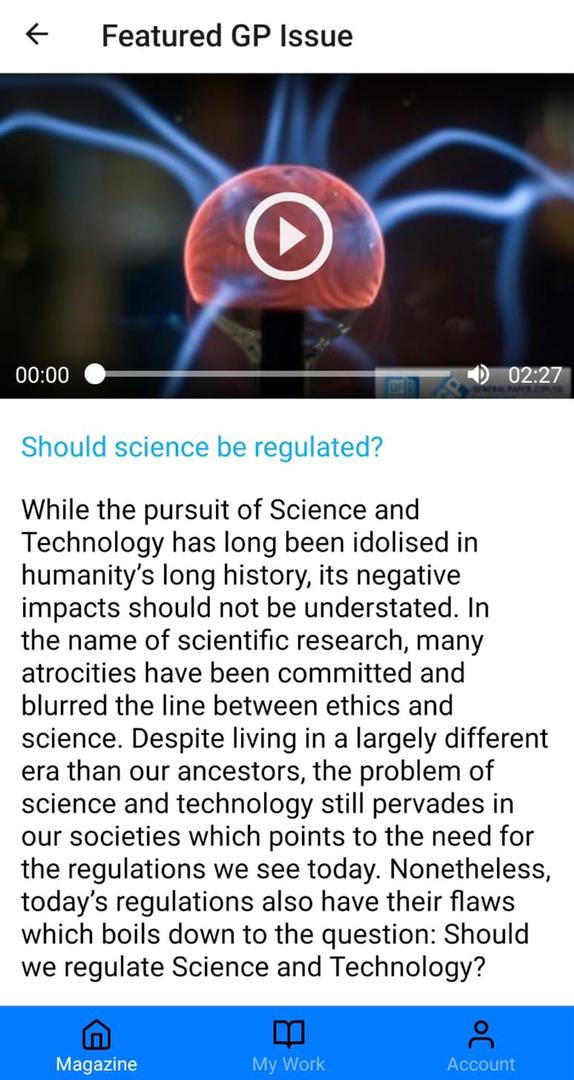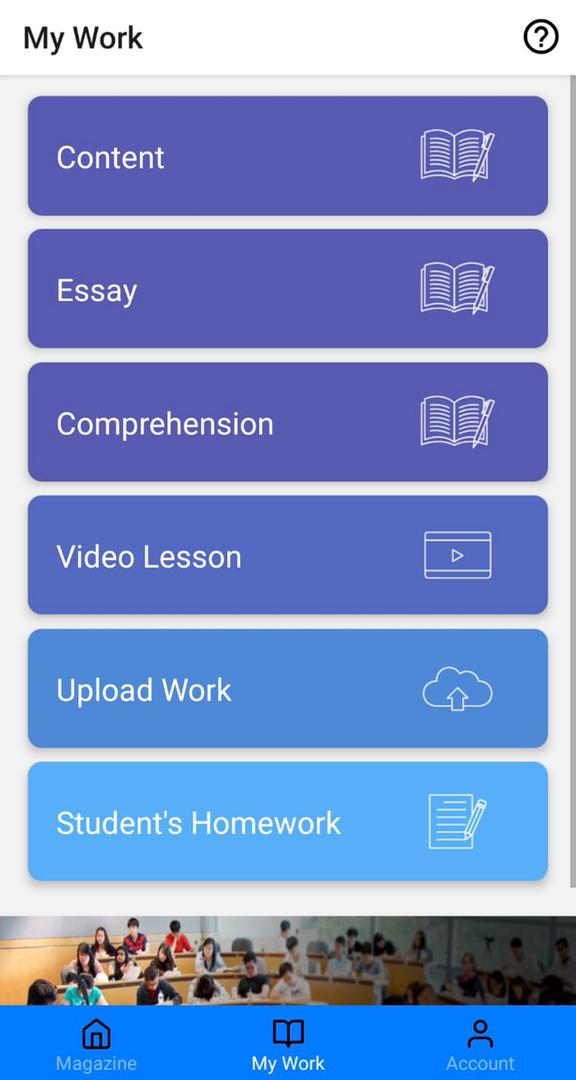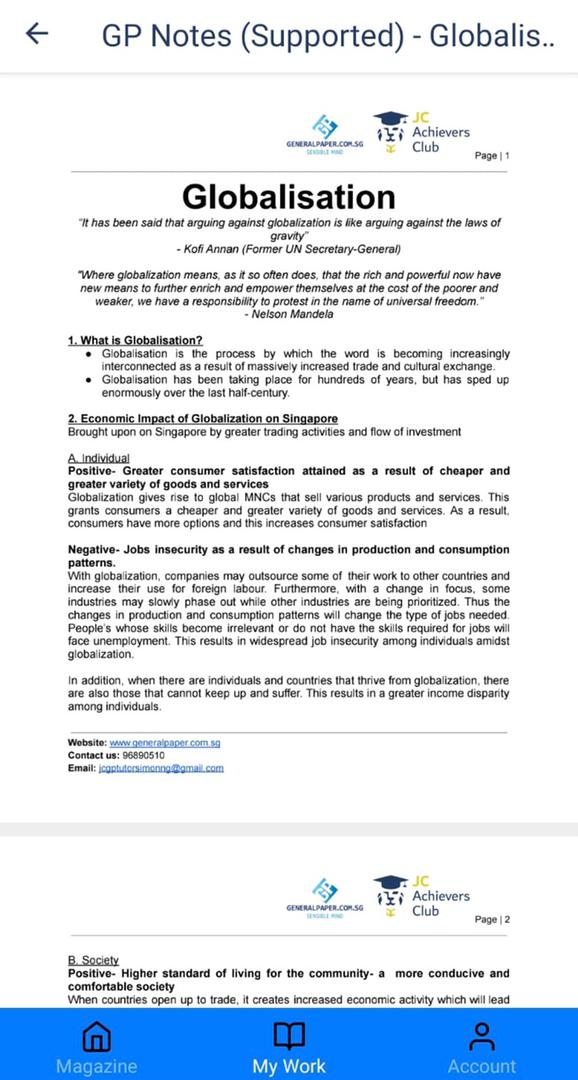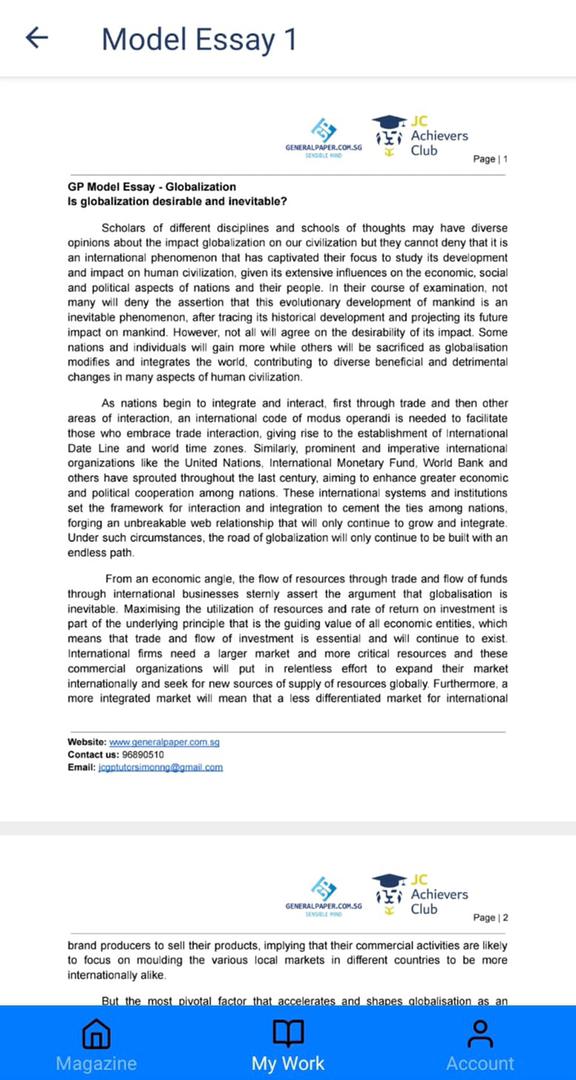
General Paper Tuition on Science and Technology | Individual
Be part of our vibrant learning community
Join now to get more learning resources like this

Join our FREE GP Learners Club
to learn anywhere and anytime!
Be a digital learner
and get Grade A for GP
Get learning resources Now?
GP Study Magazine
and cultivate writing and answering skills
 Learn More
Learn More
GP Videos | Content Enrichment |
GP Essays | Infographics | GP Facts
How does Science and Technology affect our personal lives?
How does Science and Technology affect our lives? Examine this view at our GP Tuition Notes on Science and Technology as we cover different aspects of study, like the way we interact with people, find employment and think on our own.
Technological advancements are revolutionary. Its effects can be observed in many aspects, namely the way we speak, write and observe what’s around us. In this section, explore the interesting facets of Science and Technology to understand how exactly specific discoveries and innovative designs have influenced human behaviour.
The way we talk and listen
Science and technology has affected the way we converse with one another as the introduction of efficient communication means, such as teleconferencing and almost instantaneous messaging have enabled us to overcome the constraints of time and space. As a result, the acceleration in the transmission speed of information has shaped us to receive information and covey ideas to others quickly, such that traditional means of communication are replaced by newer alternatives. For example, youths may be more comfortable with direct messaging rather than face-to-face interaction, which may become a hindrance to the strengthening of social relationships.
The way we read and write
Science and technology can also affect our literacy, seen in terms of reading and writing abilities. Technological innovations have improved the accessibility of information, seen in terms of the alternation of existing platforms and creation of newer modes that allow us to obtain information conveniently. For example, the ubiquitous nature of the World Wide Web was made known to the public at the start of the 21st Century. This new means of information retrieval has made it possible for individuals to seek information efficiently. On the other hand, the use of instant messaging (e.g. WhatsApp) and micro-blogging platforms (e.g. Twitter) has influenced its users to read and write in short forms, resulting in the modifications of the language.
The way we look at the world
Science and technology can also shape the way we perceive things and issues around us. This means that the scientific innovations and discoveries have influenced our perspectives. For example, the incessant influx of information, which is supported by the widespread use of social media and online news networks, have contributed to the desensitization of news. As a result, desensitization hinders our ability to empathise with others, such as unfortunate victims of natural and man-made disasters.











